Find A Professional
More Items From Ergsy search
-
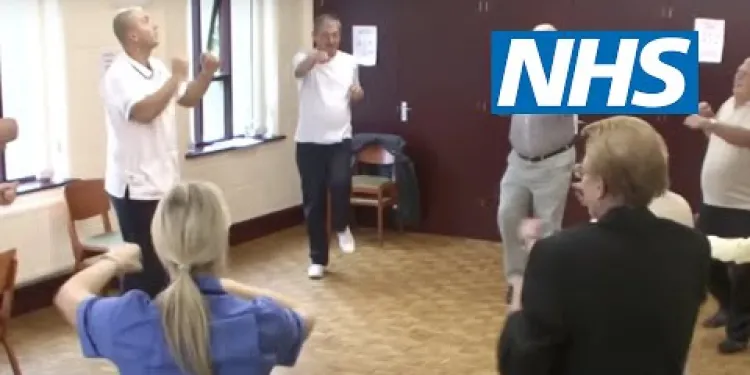
Pulmonary rehabilitation | NHS
Relevance: 100%
-
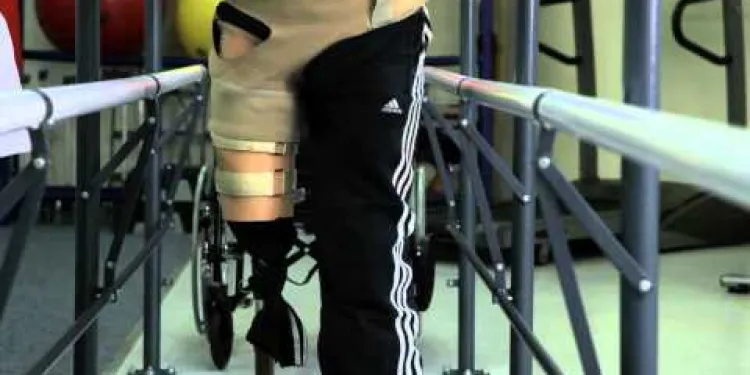
The Leeds Specialist Rehabilitation Centre - 3 Prosthetic Physiotherapy
Relevance: 40%
-
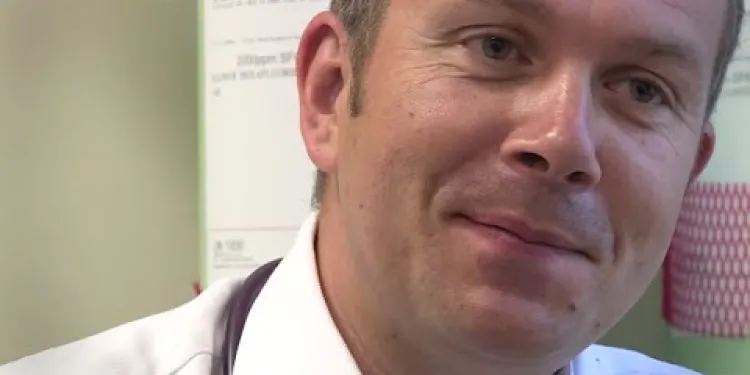
Idiopathic pulmonary fibrosis (IPF) research
Relevance: 26%
-
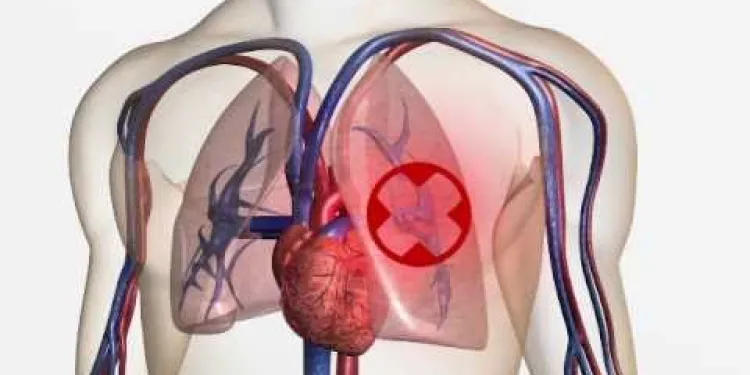
A guide to hospital-acquired deep vein thrombosis and pulmonary embolism
Relevance: 24%
-
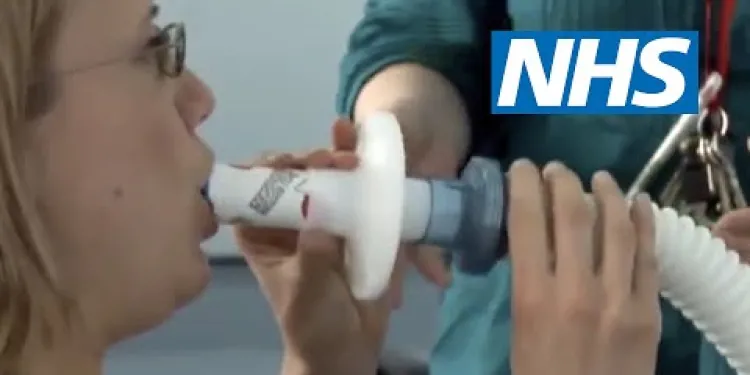
COPD | NHS
Relevance: 18%
-
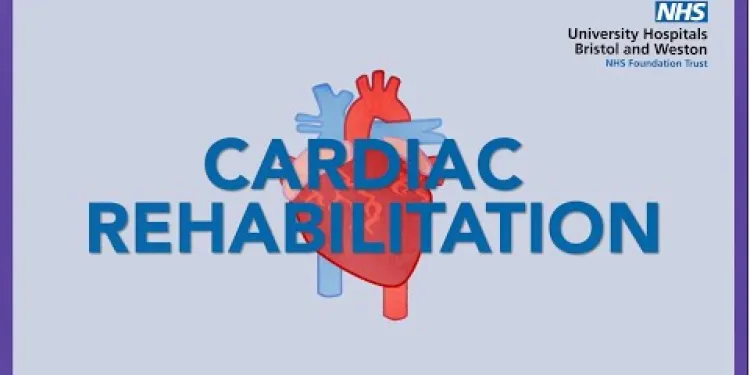
Cardiac Rehab
Relevance: 18%
-
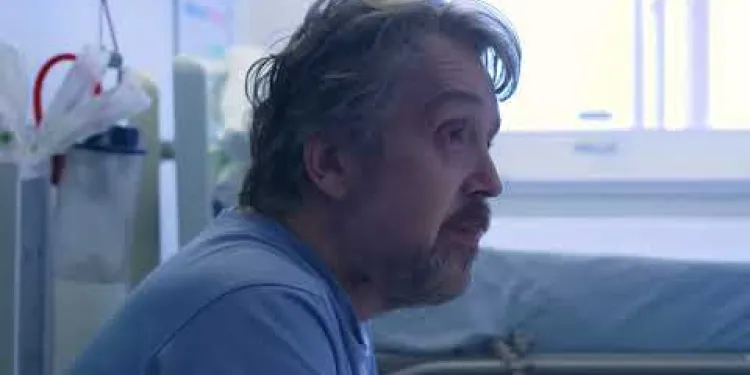
NHS Forth Valley’s Stroke Team
Relevance: 18%
-
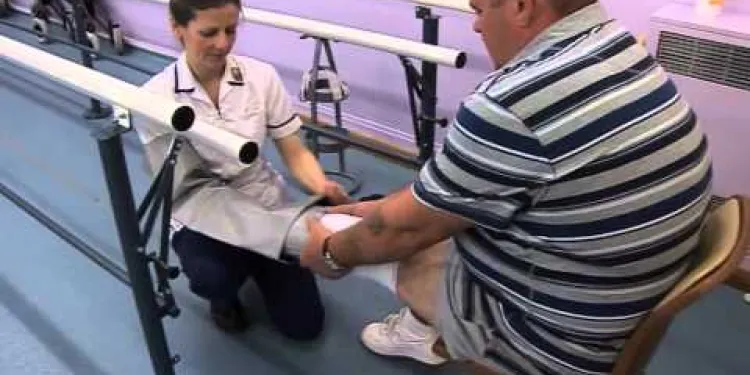
Leg amputation and life afterwards
Relevance: 15%
-

Vale Stroke Unit
Relevance: 14%
-
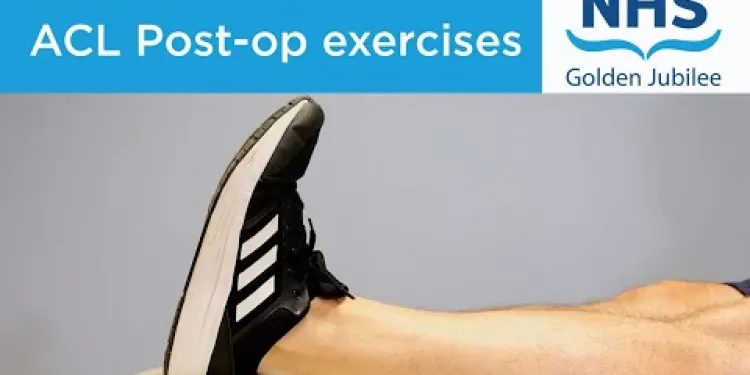
ACL exercises post-operation
Relevance: 14%
-

Do not attempt cardiopulmonary resuscitation (DNACPR)
Relevance: 12%
-
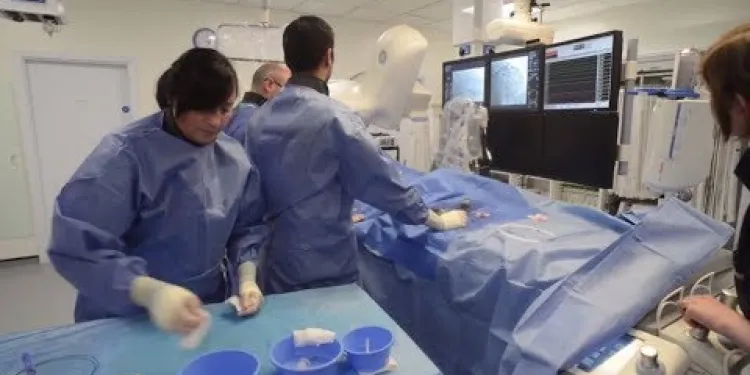
Heart attack care - Raigmore Hospital Inverness, NHS Highland
Relevance: 12%
-

NHS Here for You – Stroke
Relevance: 11%
-

Can both hips be replaced at the same time?
Relevance: 10%
-
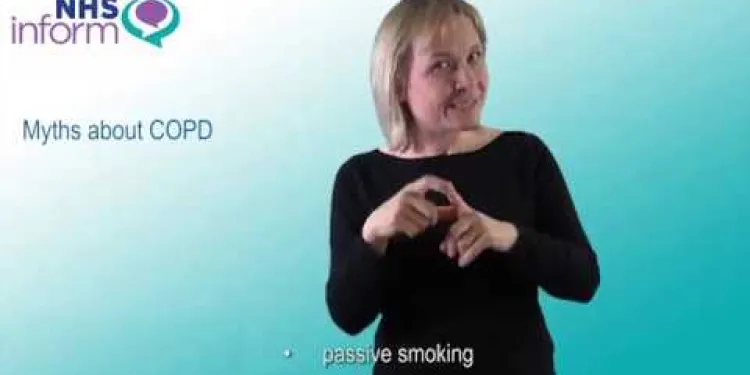
Myths about COPD
Relevance: 10%
-

What are women's prisons like in the UK?
Relevance: 9%
-

What is the recovery time for a hip replacement?
Relevance: 9%
-
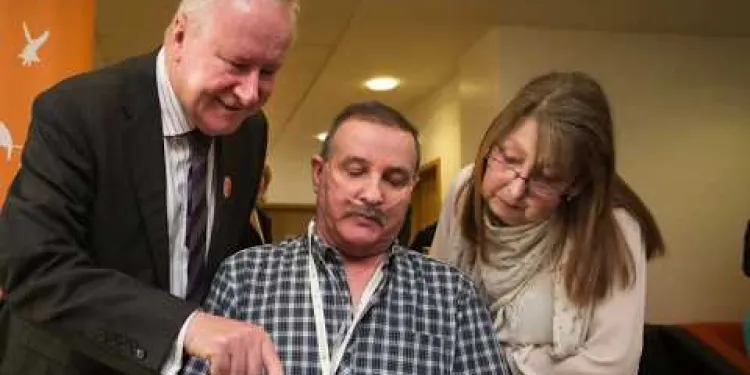
Bernard's Story - Lung Transplant
Relevance: 9%
-
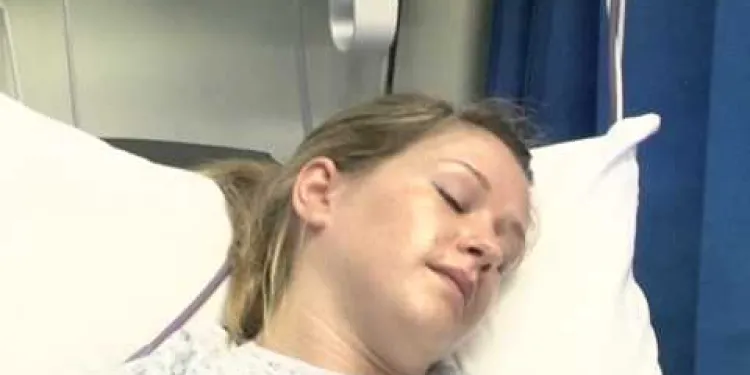
Enhanced Recovery YouTube
Relevance: 9%
-
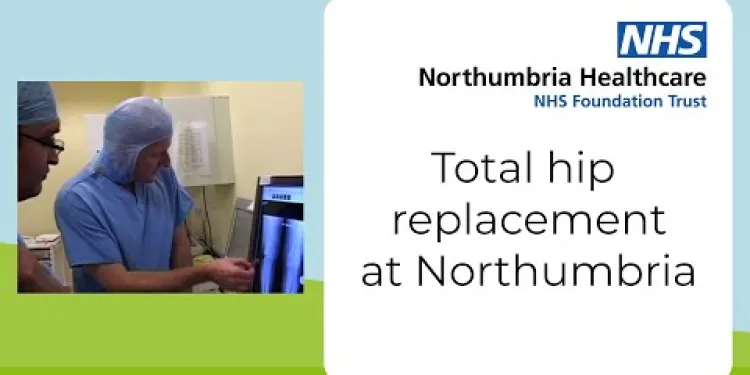
Total hip replacement at Northumbria Healthcare
Relevance: 9%
-
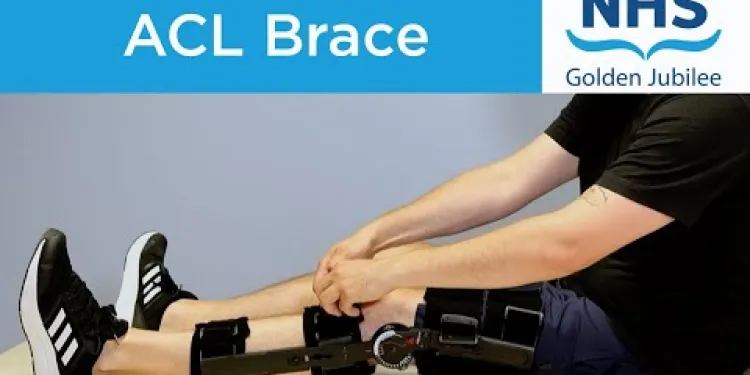
ACL Brace
Relevance: 8%
-
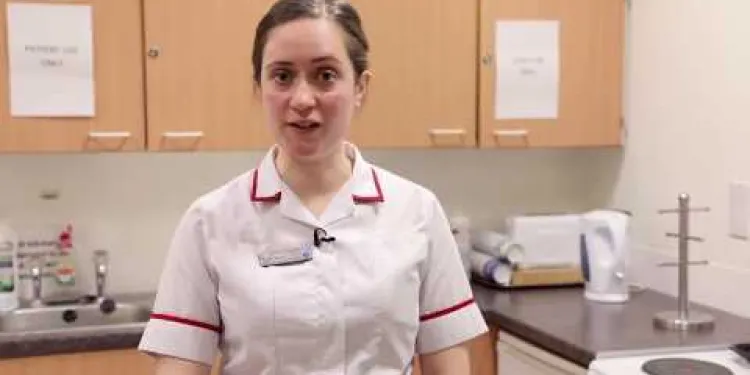
Stroke - Speech and Language Therapist's Experience
Relevance: 8%
-
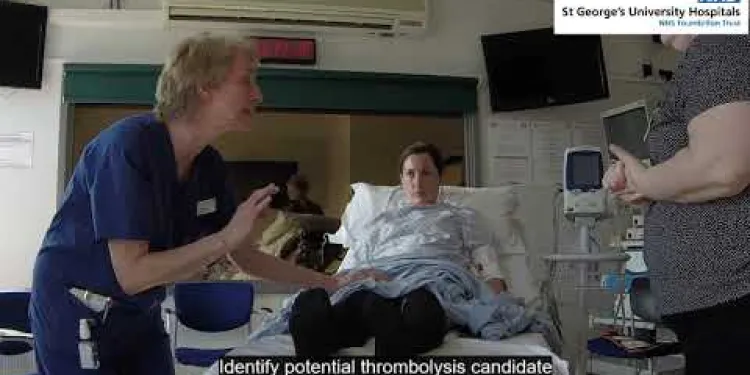
Assessing the stroke patient
Relevance: 8%
-
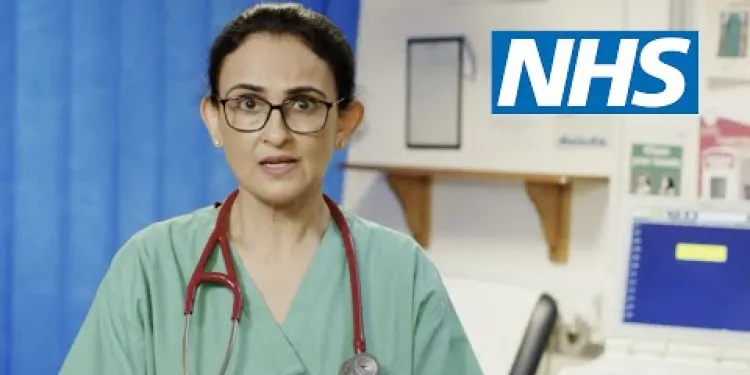
Heart Attack Stories | NHS
Relevance: 8%
-

What happens if an inmate is transferred to another facility?
Relevance: 8%
-
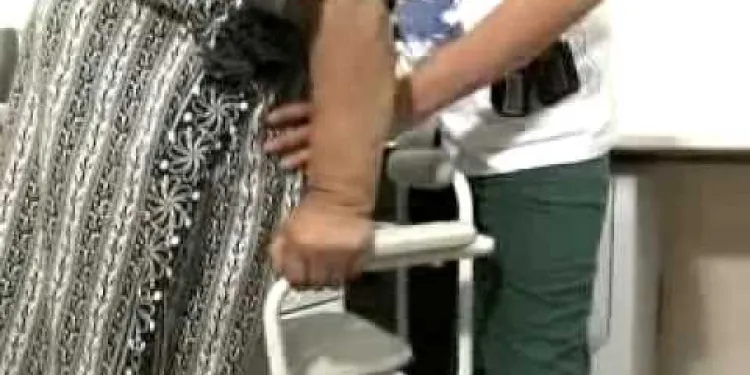
Total knee replacement
Relevance: 8%
-

Labyrinthitis and Vertigo (BPPV): Hazel's story | NHS
Relevance: 7%
-
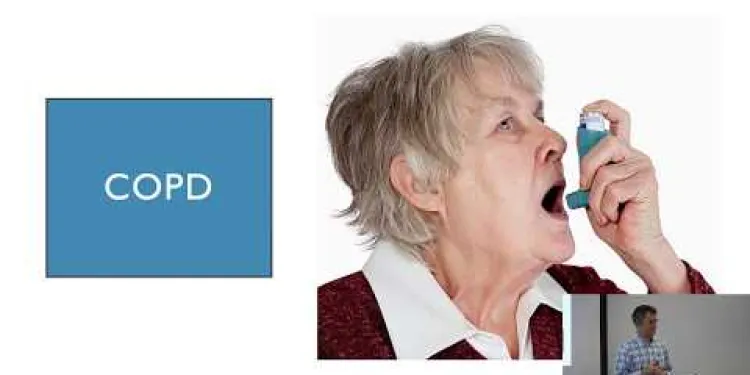
Acute COPD in Adults: Antibiotics or not - Dr Nick Francis
Relevance: 7%
-

Can inmates have personal belongings?
Relevance: 6%
-
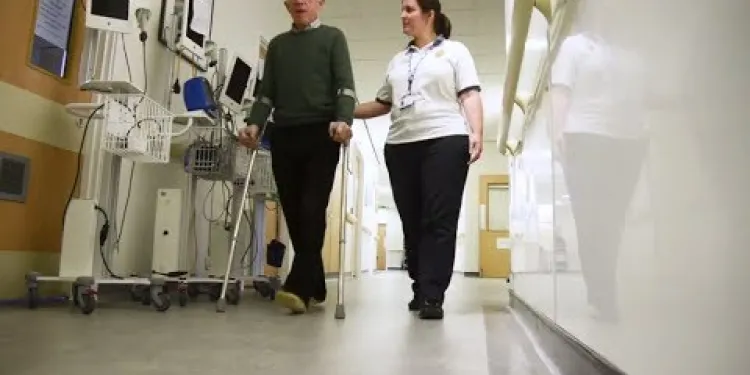
Having a hip replacement - Part Two: Recovery
Relevance: 6%
-

Advice on sports injuries
Relevance: 6%
-
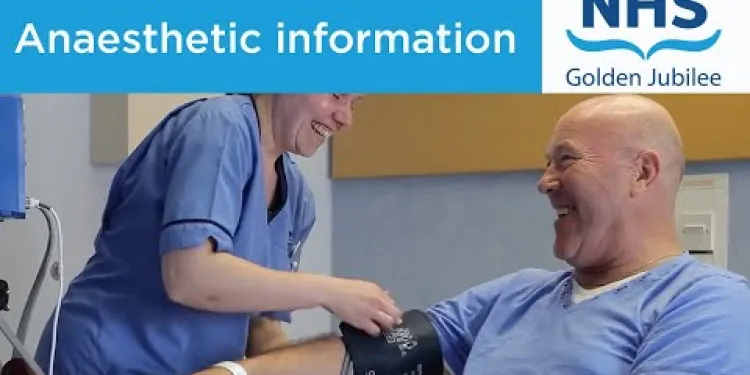
Knee replacement
Relevance: 6%
-
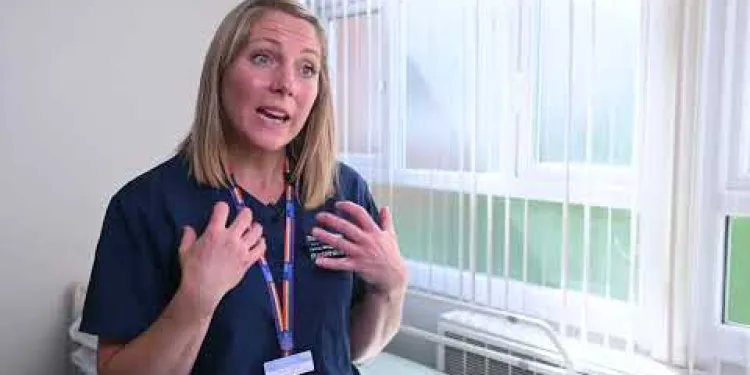
Breathlessness after COVID-19 - helpful techniques
Relevance: 6%
-
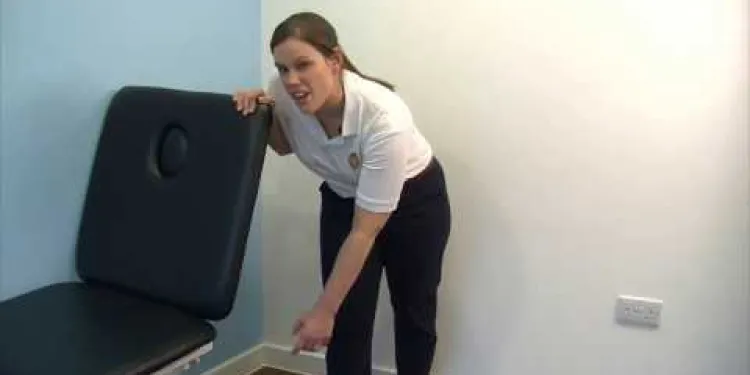
DBTH VFC DISLOCATED SHOULDER
Relevance: 6%
-

What is an inmate commissary?
Relevance: 6%
-

What is a hip replacement?
Relevance: 6%
-
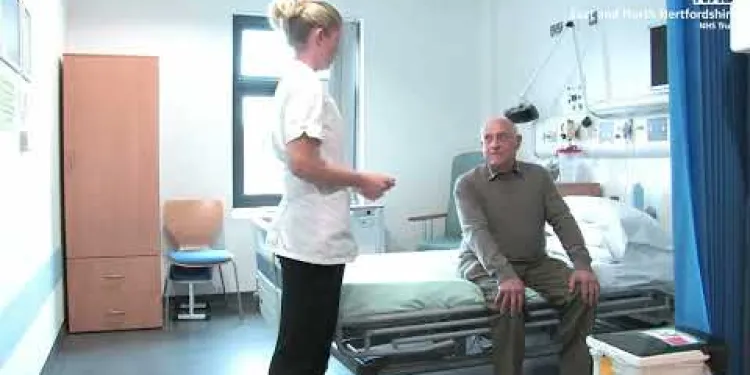
A journey to hip surgery
Relevance: 6%
-

What support is available for rugby players who suffer concussions?
Relevance: 5%
-

Heart-lung transplant patient shares her story
Relevance: 5%
-
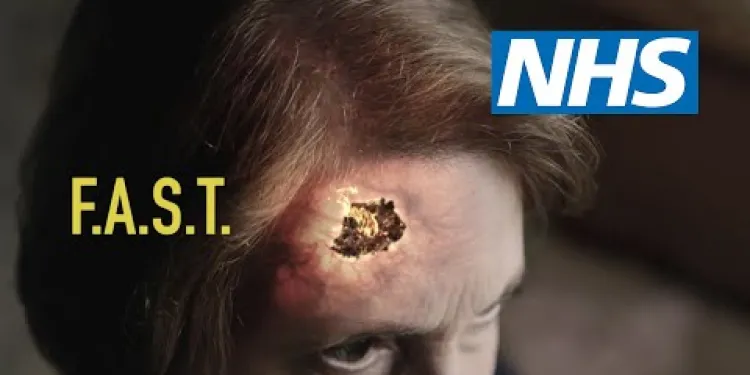
When Stroke Strikes Act F.A.S.T. | NHS
Relevance: 5%
Pulmonary Rehabilitation | NHS
What is Pulmonary Rehabilitation?
Pulmonary rehabilitation is a specialised programme designed to help people with chronic lung conditions such as Chronic Obstructive Pulmonary Disease (COPD), asthma, and bronchiectasis. The programme aims to improve patients' overall quality of life by increasing their physical fitness, managing symptoms, and providing psychological and social support. The NHS offers pulmonary rehabilitation services to ensure that individuals can lead more active and healthier lives despite their respiratory conditions.
Components of Pulmonary Rehabilitation
Pulmonary rehabilitation encompasses several key components, including:
- Exercise Training: Tailored exercises to improve cardiovascular health, muscle strength, and endurance.
- Education: Informative sessions on lung health, medication management, breathing techniques, and nutrition.
- Psychosocial Support: Guidance and support addressing the emotional and psychological aspects of living with a chronic lung condition.
- Self-Management Strategies: Teaching patients how to monitor and manage their symptoms effectively to prevent flare-ups.
Benefits of Pulmonary Rehabilitation
Individuals who participate in pulmonary rehabilitation often experience numerous benefits, including:
- Improved breathing and lung function
- Increased exercise tolerance and physical activity levels
- Enhanced quality of life and independence
- Better understanding of their condition and how to manage it
- Reduced hospital admissions and healthcare costs
- Improved mental health and reduced symptoms of anxiety and depression
How to Access Pulmonary Rehabilitation
In the United Kingdom, pulmonary rehabilitation is typically accessible through a referral from a GP or a specialist. These programmes are often held in hospitals, community centres, or even virtually. Patients should discuss their suitability for pulmonary rehabilitation with their healthcare provider, who can help arrange an appropriate referral. The NHS is committed to providing comprehensive support for those with chronic lung conditions, ensuring they receive the care and resources needed to manage their health effectively.
Frequently Asked Questions
What is pulmonary rehabilitation?
Pulmonary rehabilitation is a programme of exercise and education designed to help people with lung conditions improve their physical fitness and manage their symptoms.
Who can benefit from pulmonary rehabilitation?
People with chronic lung conditions, such as chronic obstructive pulmonary disease (COPD), asthma, pulmonary fibrosis, and bronchiectasis, can benefit from pulmonary rehabilitation.
How do I get referred to a pulmonary rehabilitation programme?
You can be referred to a pulmonary rehabilitation programme by your GP, respiratory nurse, or hospital consultant.
What types of exercises are included in pulmonary rehabilitation?
Pulmonary rehabilitation typically includes both aerobic exercises, such as walking or cycling, and strength-training exercises to improve muscle strength.
How long does a pulmonary rehabilitation programme last?
A typical pulmonary rehabilitation programme lasts about 6 to 8 weeks, with sessions occurring 2 to 3 times a week.
Where are pulmonary rehabilitation programmes usually held?
Pulmonary rehabilitation programmes are usually held in hospitals, community health centres, or outpatient clinics.
Is pulmonary rehabilitation covered by the NHS?
Yes, pulmonary rehabilitation is covered by the NHS, so patients referred to the programme will not have to pay for it.
Can I do pulmonary rehabilitation at home?
While it's ideal to attend classes, there are home-based pulmonary rehabilitation programmes available that include support through phone calls, online resources, and written materials.
What should I bring to a pulmonary rehabilitation session?
You should wear comfortable clothing and shoes suitable for exercise, bring your inhalers or medications if you use them, and a bottle of water.
Will I need to do exercises outside of class?
Yes, you will be encouraged to continue exercising on your own outside of class to maximise the benefits of the programme.
How will I know if pulmonary rehabilitation is working?
You should notice improvements in your ability to exercise, breathe more easily, and manage your symptoms better. Your healthcare team will also assess your progress.
Are there any risks associated with pulmonary rehabilitation?
Pulmonary rehabilitation is generally safe, but your healthcare team will assess your health before starting to ensure the exercises are suitable for you.
Will I be provided with any educational materials?
Yes, pulmonary rehabilitation programmes include education about managing your lung condition, medications, nutrition, and lifestyle changes.
Can pulmonary rehabilitation cure my lung condition?
Pulmonary rehabilitation cannot cure lung conditions, but it can significantly improve your quality of life by helping you manage symptoms and improve your physical fitness.
Do I need to continue exercises after completing the programme?
Yes, continuing to exercise regularly after completing the programme is important to maintain the benefits you have gained.
Useful Links
Useful links from: Understanding and Managing Respiratory Illnesses in Families
- NHS - Respiratory tract infection (RTI) Comprehensive information on respiratory tract infections, including symptoms, causes, and treatment options from the National Health Service.
- NHS - Chronic Obstructive Pulmonary Disease (COPD) Detailed guide about COPD, including what it is, symptoms, treatments, and how to manage living with the condition, provided by the NHS.
- Asthma + Lung UK UK charity that offers information, support, and resources for people affected by asthma and other lung conditions, including ways to manage respiratory health.
- British Lung Foundation Charity offering advice, information, and support for anyone affected by lung disease, including a focus on family support and managing respiratory illnesses.
Useful links from: COPD | NHS
- NHS: Chronic obstructive pulmonary disease (COPD) Detailed information on COPD including symptoms, causes, diagnosis, treatment, and living with the condition.
- British Lung Foundation: COPD Providing support and information from the British Lung Foundation on managing COPD, treatment options, and patient experiences.
- Asthma + Lung UK: COPD Asthma + Lung UK's resources on COPD, including advice on understanding the condition, lifestyle tips, and latest research.
- NICE: Chronic obstructive pulmonary disease overview NICE guidelines and quality standards on COPD, covering the latest evidence-based recommendations for healthcare professionals.
Useful links from: Myths about COPD
- NHS - Chronic obstructive pulmonary disease (COPD) The NHS provides comprehensive information on COPD, including symptoms, causes, treatment options, and living with the condition. This page debunks common myths and misconceptions about COPD.
- British Lung Foundation - COPD Myths and Facts The British Lung Foundation offers detailed explanations to dispel common myths about COPD, emphasizing accurate information and providing support for those living with the condition.
- Asthma + Lung UK - Understanding COPD Asthma + Lung UK (formerly known as Asthma UK and British Lung Foundation Partnership) provides resources and guides to understand COPD, including correcting misconceptions and offering practical advice.
- Chest Heart & Stroke Scotland - Mythbusters: COPD Chest Heart & Stroke Scotland tackles common myths about COPD, providing factual information to help people affected by the condition make informed decisions and receive appropriate care.
Useful links from: Acute COPD in Adults: Antibiotics or not - Dr Nick Francis
- NHS - Chronic Obstructive Pulmonary Disease (COPD) The NHS official page provides comprehensive information on COPD, including symptoms, causes, diagnosis, and treatment options. While it may not address antibiotics specifically, it offers a solid foundation for understanding the management of COPD.
- British Lung Foundation - COPD The British Lung Foundation offers resources and support for individuals living with COPD. The site covers treatment options and advice for managing the condition, including when antibiotics might be considered.
- National Institute for Health and Care Excellence (NICE) - COPD Overview NICE provides guidelines for the management and treatment of COPD. The overview emphasizes evidence-based approaches to treatment, including the use of antibiotics in certain circumstances.
- Asthma + Lung UK: COPD Asthma + Lung UK offers detailed information about COPD, guidance on managing flare-ups, and when antibiotics might be necessary. It is a valuable resource for educational material and support.
- Ergsy carfully checks the information in the videos we provide here.
- Videos shown by Youtube after a video has completed, have NOT been reviewed by ERGSY.
- To view, click the arrow in centre of video.
- Most of the videos you find here will have subtitles and/or closed captions available.
- You may need to turn these on, and choose your preferred language.
- Go to the video you'd like to watch.
- If closed captions (CC) are available, settings will be visible on the bottom right of the video player.
- To turn on Captions, click settings .
- To turn off Captions, click settings again.
More Items From Ergsy search
-

Pulmonary rehabilitation | NHS
Relevance: 100%
-

The Leeds Specialist Rehabilitation Centre - 3 Prosthetic Physiotherapy
Relevance: 40%
-

Idiopathic pulmonary fibrosis (IPF) research
Relevance: 26%
-

A guide to hospital-acquired deep vein thrombosis and pulmonary embolism
Relevance: 24%
-

COPD | NHS
Relevance: 18%
-

Cardiac Rehab
Relevance: 18%
-

NHS Forth Valley’s Stroke Team
Relevance: 18%
-

Leg amputation and life afterwards
Relevance: 15%
-

Vale Stroke Unit
Relevance: 14%
-

ACL exercises post-operation
Relevance: 14%
-

Do not attempt cardiopulmonary resuscitation (DNACPR)
Relevance: 12%
-

Heart attack care - Raigmore Hospital Inverness, NHS Highland
Relevance: 12%
-

NHS Here for You – Stroke
Relevance: 11%
-

Can both hips be replaced at the same time?
Relevance: 10%
-

Myths about COPD
Relevance: 10%
-

What are women's prisons like in the UK?
Relevance: 9%
-

What is the recovery time for a hip replacement?
Relevance: 9%
-

Bernard's Story - Lung Transplant
Relevance: 9%
-

Enhanced Recovery YouTube
Relevance: 9%
-

Total hip replacement at Northumbria Healthcare
Relevance: 9%
-

ACL Brace
Relevance: 8%
-

Stroke - Speech and Language Therapist's Experience
Relevance: 8%
-

Assessing the stroke patient
Relevance: 8%
-

Heart Attack Stories | NHS
Relevance: 8%
-

What happens if an inmate is transferred to another facility?
Relevance: 8%
-

Total knee replacement
Relevance: 8%
-

Labyrinthitis and Vertigo (BPPV): Hazel's story | NHS
Relevance: 7%
-

Acute COPD in Adults: Antibiotics or not - Dr Nick Francis
Relevance: 7%
-

Can inmates have personal belongings?
Relevance: 6%
-

Having a hip replacement - Part Two: Recovery
Relevance: 6%
-

Advice on sports injuries
Relevance: 6%
-

Knee replacement
Relevance: 6%
-

Breathlessness after COVID-19 - helpful techniques
Relevance: 6%
-

DBTH VFC DISLOCATED SHOULDER
Relevance: 6%
-

What is an inmate commissary?
Relevance: 6%
-

What is a hip replacement?
Relevance: 6%
-

A journey to hip surgery
Relevance: 6%
-

What support is available for rugby players who suffer concussions?
Relevance: 5%
-

Heart-lung transplant patient shares her story
Relevance: 5%
-

When Stroke Strikes Act F.A.S.T. | NHS
Relevance: 5%